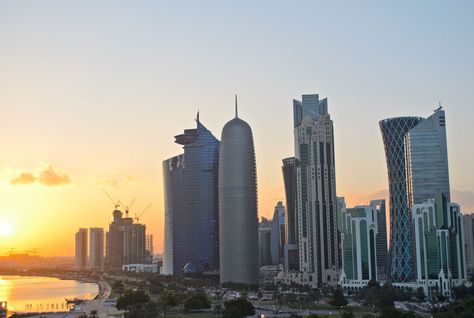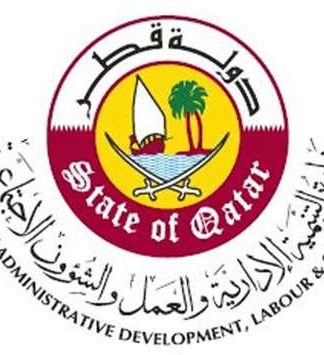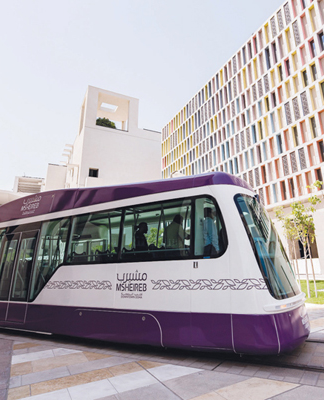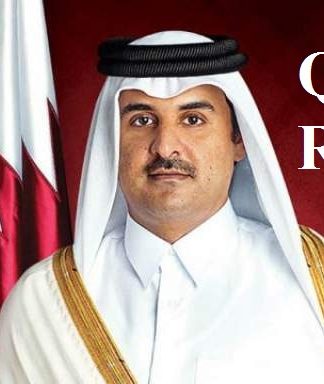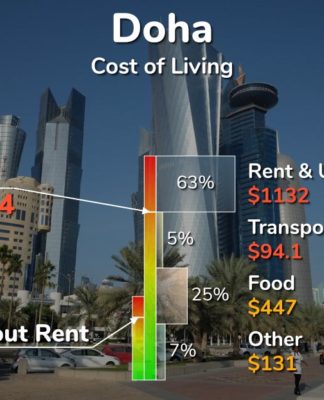
Further subsidy cuts, a moderate recovery in global commodity prices, and the introduction of VAT are expected to improve Qatar’s fiscal and external balances over the near to medium term, the International Monetary Fund has said.
IMF executive directors noted the macroeconomic challenges brought by sustained lower hydrocarbon prices, but agreed that Qatar is “well positioned to mitigate them”.
Real GDP growth of 2.7 percent is estimated for 2016 with inflation remaining low despite subsidy cuts, averaging about 2.7 percent in 2016.
“Fiscal and external balances have deteriorated from large surpluses to deficits due to sustained lower energy prices. The authorities are adjusting by cutting current expenditures in 2016, undertaking energy pricing and labour reforms, and placing stronger emphasis on raising non-hydrocarbon revenues,” the IMF said.
It added that while the country’s banking system liquidity has tightened and credit to the private sector has moderated, banks remain sound and well capitalised.
Macroeconomic performance is expected to remain resilient with real GDP growth projected at 3.4 percent for 2017.
The IMF said growth is expected to slow in the medium term, as public investment growth tapers off and hydrocarbon output continues to slow down.
IMF directors welcomed the authorities’ responsiveness to adjust to lower energy prices, and encouraged them to sustain their policies.
They supported ongoing and envisaged revenue and expenditure measures, including subsidy reforms, containment of public-service benefits, lower spending on goods and services, and the introduction of a VAT and excise taxes.
Directors agreed that additional revenue measures, including broadening the base of existing taxes, particularly for the corporate income tax, should be explored over the medium term.
The IMF also supported the authorities’ efforts to enhance economic diversification and promote private sector development. They encouraged additional measures to further improve the business environment, and noted that labour market and education reforms will help raise productivity, increase potential output, and support inclusive growth.














